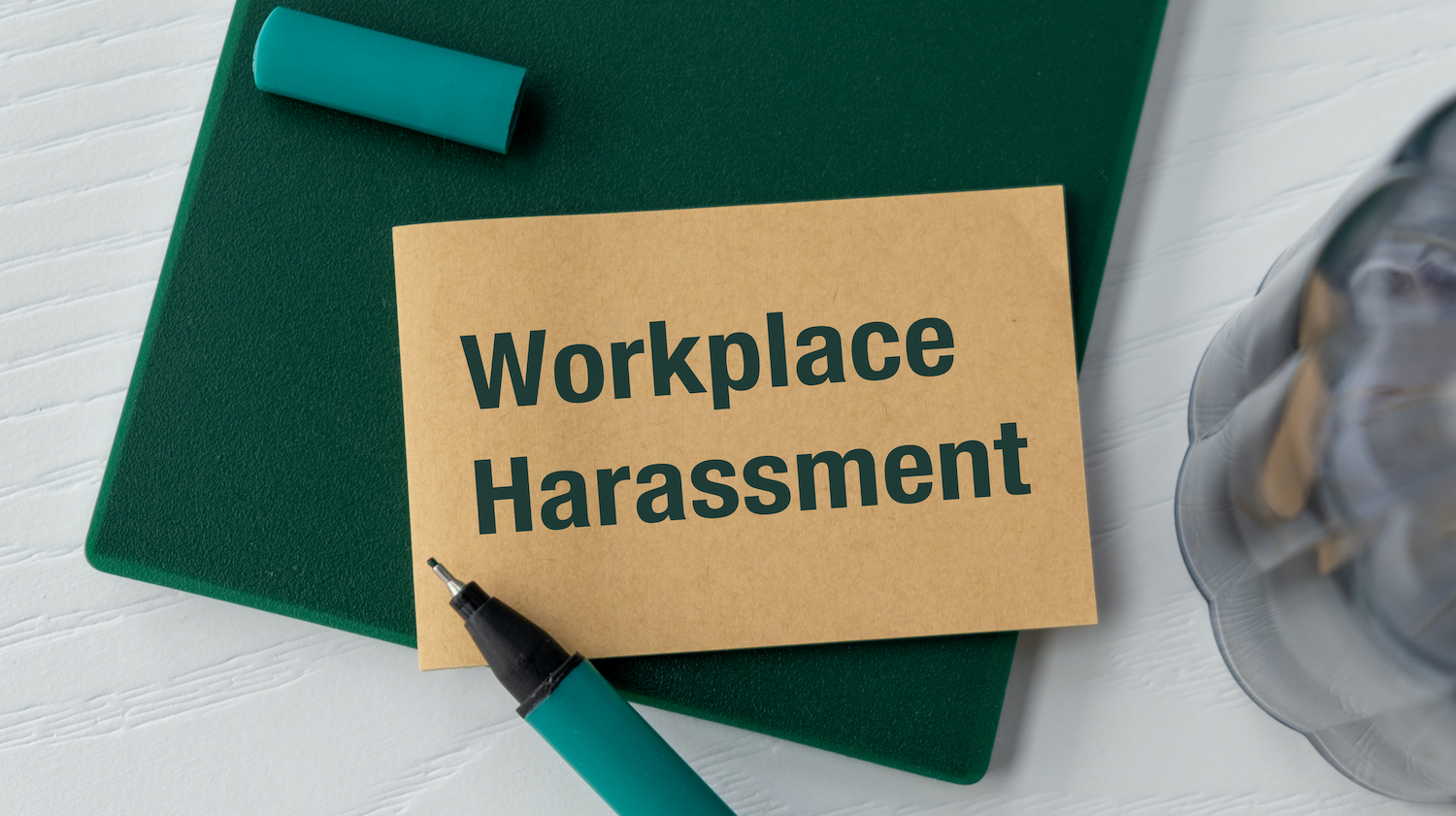
Removing the stigma from work-related anxiety
To mark Mental Health Awareness Week, Trowers & Hamlins’ Rebecca McGuirk discusses why employers and employees have a responsibility to improve mental health in the workplace
Particularly since the Covid-19 pandemic, there has been a heightened awareness of mental health issues on the part of employers and the impact that this can have on wellbeing, productivity and retention.
This awareness has brought a greater understanding of mental ill health and the importance of acknowledging it and adapting workplace practices to accommodate those employees who are experiencing it.
The theme of this year’s Mental Health Awareness Week (which runs from 15 to 21 May) is anxiety.
Anxiety is something we all experience from time to time. However, long-term anxiety can have a substantial effect on day-to-day activities and it qualifies as a disability under the Equality Act 2010.
Work-related stress can lead to burnout and mental health conditions such as anxiety or depression.
Men in particular can find it difficult to talk about their mental health and to reach out for help when they need it. This is particularly troubling in light of the fact that suicide is the largest cause of death for men under 50.
It’s useful to keep an open dialogue in place to make sure that any fluctuations in mental health are accommodated and that the staff member feels supported and valued
Changing expectations
The importance of good mental health has been pushed to the forefront, in part, due to the fundamental shift in the dynamic between employers and employees.
What was previously viewed as a master/servant relationship has now become much more nuanced and complex.
In the current environment, employers have to work hard to attract and retain talent. They must be prepared to listen to the needs of their staff and adapt accordingly.
The employer’s culture and values have become an important consideration for employees. Demonstrating a commitment to employee wellbeing, which will include good mental health, has never been more important.
Proactive steps
How can employers deal with the challenges of employee mental ill health? Ensuring that managers understand more about mental health and the impact it has on emotional, psychological and social wellbeing is a good start.
Wellness action plans (WAPs) for staff can facilitate discussion and help to identify how mental health can be proactively improved. Mental health charity Mind has issued guidance on WAPs that includes advice for managers.
Managers play a key role in supporting the mental health of their staff. They should ensure that they check in with staff on a regular basis to ask if they need any help – this is where WAPs can come in handy.
Managers should also be alert to any changes in behaviour that may indicate an employee is struggling but perhaps doesn’t know how to access support.
This may trigger a conversation about reasonable adjustments that can be made to help them manage their condition alongside work commitments. Any adjustments should then be monitored and, if necessary, tweaked.
It’s useful to keep an open dialogue in place to make sure that any fluctuations in mental health are accommodated and that the staff member feels supported and valued.
Reasonable adjustments
If an employee has a mental health problem, it’s important for the employer to take it seriously and approach it with the same care as would be taken with a physical illness. This means that reasonable adjustments should be considered as a way of helping employees remain in the workplace while recovering from or managing a mental health condition.
Managers should remember that mental ill health is personal to the individual, so adjustments need to be bespoke and kept under regular review.
Last month Acas issued new guidance, Reasonable adjustments for mental health. The guidance contains practical advice for employers and employees, including examples of reasonable adjustments, such as changing someone’s role or responsibilities.
This may entail reviewing tasks or deadlines, breaking down work into short-term tasks and reviewing an individual’s responsibilities to reduce those that are more stressful.
The guidance also suggests reviewing communication styles to help reduce anxiety (for example, avoiding spontaneous phone calls) and changing the physical working environment by allowing someone to work from home or relocating someone’s workplace to a quieter area.
Although the duty to make reasonable adjustments depends on the employee satisfying the legal definition of disability, the Acas guidance sensibly suggests that employers should try to make reasonable adjustments even if the mental health condition is not a disability.
Putting in support could enable an employee to stay in work, instead of going off sick. Without support, the condition could get worse and become a disability under the Equality Act 2010. So taking such measures could stop this happening.
The importance of a supportive work culture where there is no stigma attached to mental health issues can’t be over-emphasised
Not just down to the employer
There’s also an onus on individuals to look after their own mental health at work. The recent Acas guidance suggests that if an individual needs a reasonable adjustment for their mental health, they should talk to their manager and work together to agree any reasonable adjustments.
It also includes tips on preparing for the meeting and what to think about before formulating the case for reasonable adjustments.
It may be difficult to know what can be put in place to help, so enlisting the help of an occupational health professional to advise on suitable adjustments could be useful.
The importance of a supportive work culture where there is no stigma attached to mental health issues can’t be over-emphasised.
Demonstrating a firm commitment to good mental health and implementing practical ways of alleviating any symptoms of mental ill health will result in staff who are happier and more engaged.
Rebecca McGuirk is a partner at Trowers & Hamlins.
Comments
Comments are closed.








On your comment ‘onus to look after your own mental health’, as an individual recovering from prolonged anxiety, burnout and depression can I just add, ‘this is only possible if you are aware’. Most people in the midst of depression, anxiety and stress are ‘not aware’. In my individual case my changing behaviours, which were witnessed, yet not recognised by immediate colleagues were ignored and, further, exploited by some. Power and control for some is an addiction in itself, filling an empty void within for some individuals. There are many ppl within every organisation willing to exploit the vulnerability of others when it is to their own gain, whatever that gain my be. In the midst of mental crisis we are incredibly vulnerable and we need to recognise that within organisations there are just as many ppl with their own hidden agendas ready and waiting to exploit. A mental illness in itself.